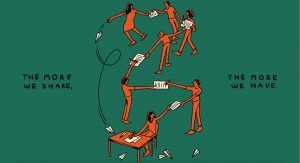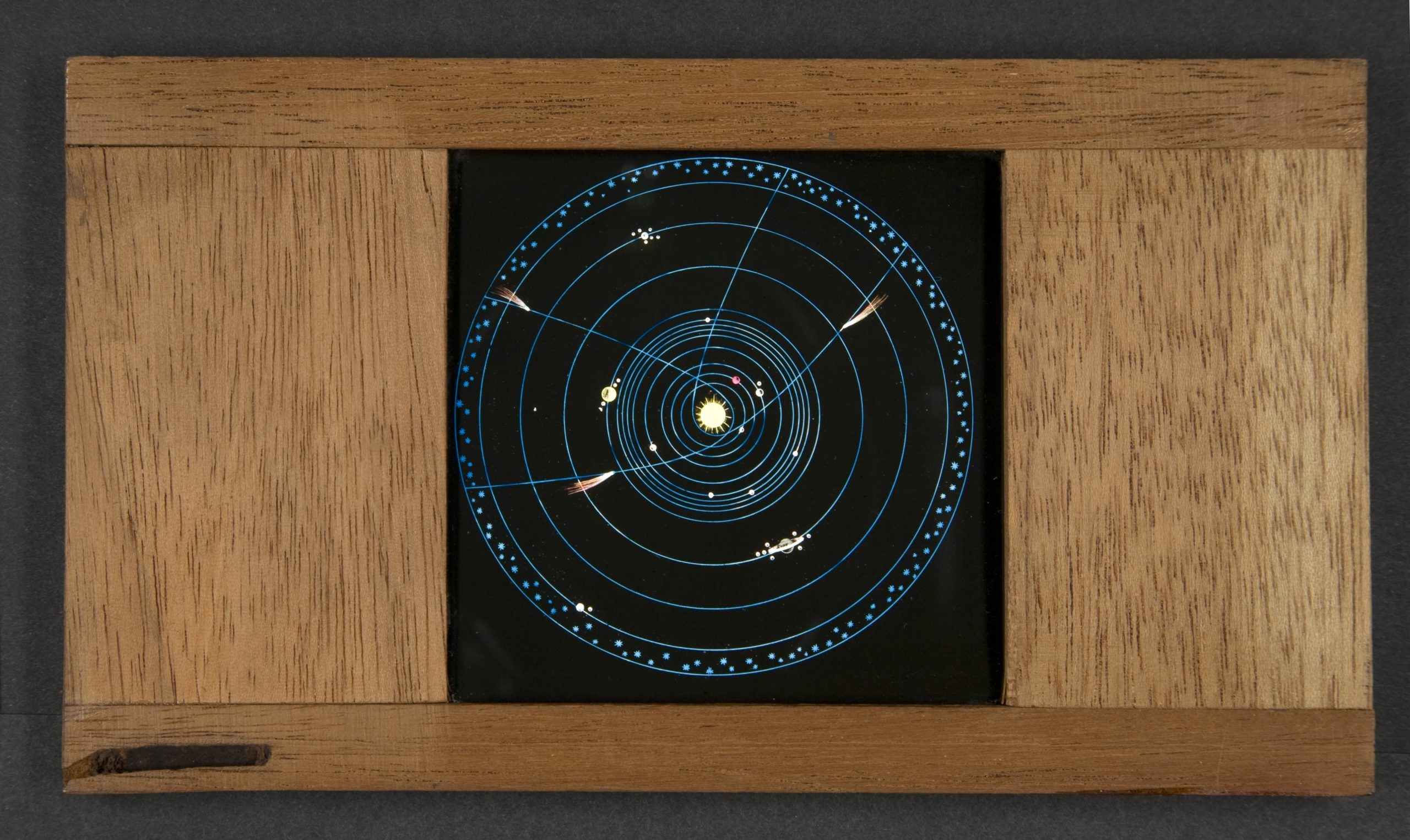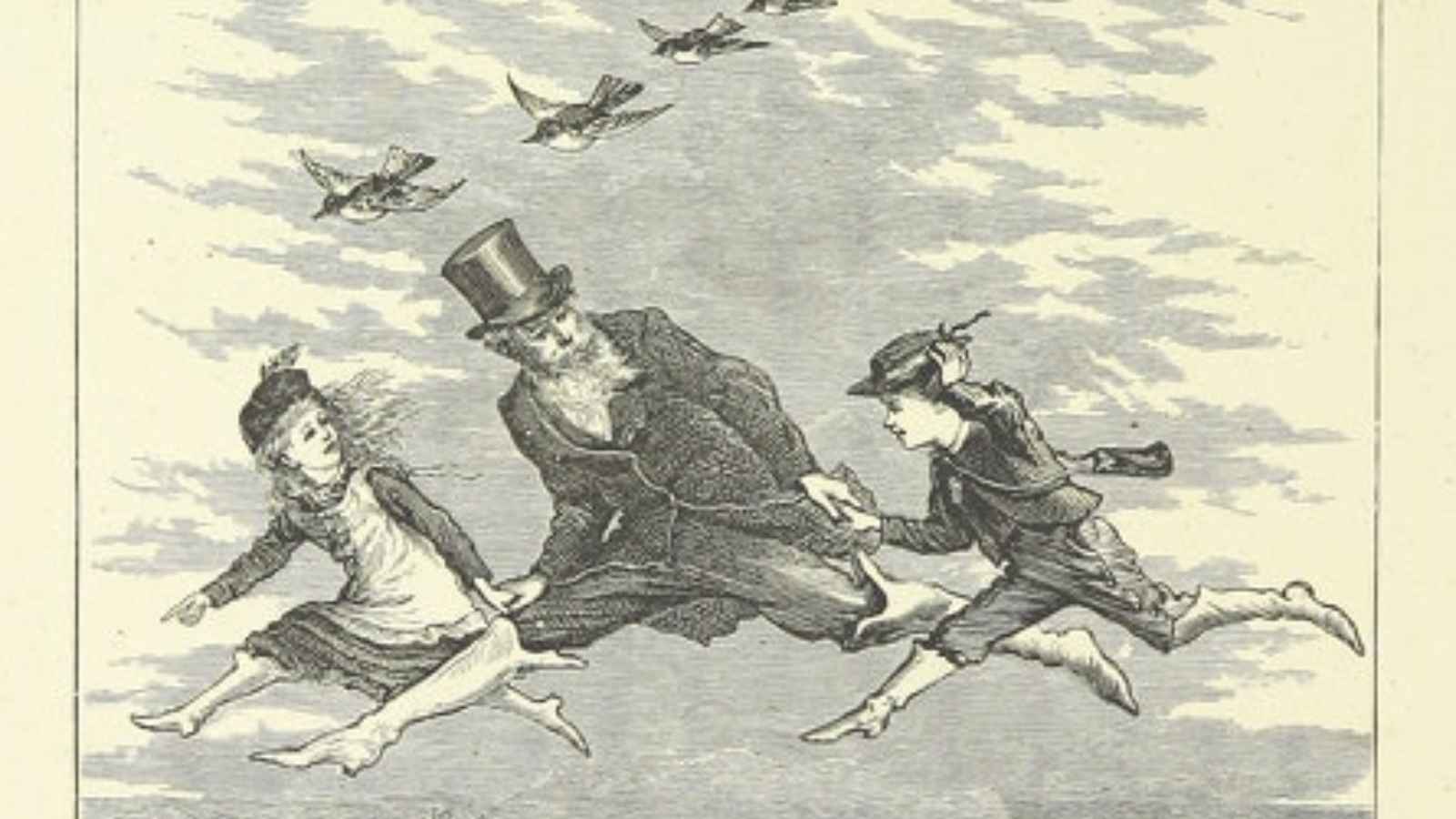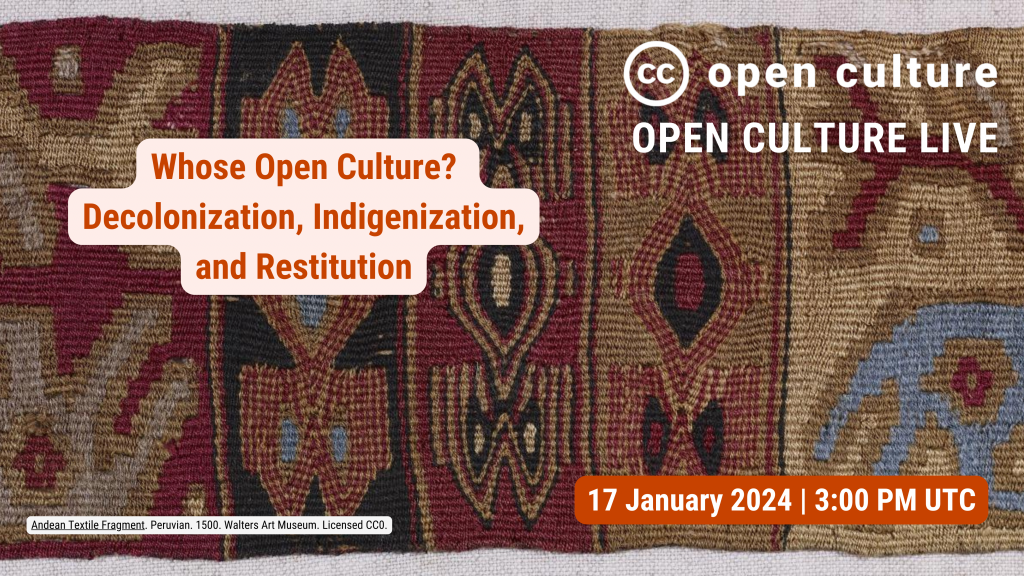CC Open Education Platform Activities: 2023 in Review
mercredi 31 janvier 2024 à 16:22
The CC Open Education community had a busy 2023! Five project teams, spanning nine countries, worked on open education projects ranging from developing STEAM, interactive, and climate change-related OER, to international curriculum alignment and translation work. Community members also worked on multimedia resources supporting the UNESCO Recommendation on OER, and presented in CC’s biannual Open Education Lightning Talks. Community members reflect on their accomplishments, lessons learned and what is next below. CC staff lightly edited text for clarity.
Building a K-12 Interactive Open Textbook
Update from Werner Westermann: This project developed a K-12 Open Textbook in the subject of Civics and Citizenship subject for 11th and 12th Grade, aligned to the official K-12 curriculum of Chile. With the CC funding, we made 60% progress on one Open Textbook for 11th grade, surpassing our initial goal. We worked with teachers, creators of the interactive resources and a graphic designer on all four learning units of the 11th grade Open Textbook, as defined by Chile’s official curriculum for Civics and Citizenship. To help others’ open education projects, we share some lessons we encountered:
- This type of community engagement requires specific and explicit guidelines and benchmarks for quality. Like any book development, this Open Textbook required a general editor to orchestrate community contributions, manage expectations, and enforce quality guidelines and benchmarks.
- Standardized workflows are necessary. It was most efficient to load content, then follow up with graphic and interactive resources, rather than focus on those specifics first. We tested an AI Smart Import tool that creates H5P interactive resources in seconds, in order to save up to 50% development time.
- Community adoption of a tech tool (the H5P editor in our case) requires flexibility to adapt to the tool for mastery. We had a lot of discussions about what H5P could and could not achieve. For better results, postpone specific expectations and work on what is editor enabled.
What’s next? The next step is to complete the 11th grade Open Textbook development and publish it, pending funding. We also await an AI tool for Spanish support to speed up production.
Popularization of OER in Ukraine: Small steps to a big goal
Update from Tetiana Kolesnykova: Polytechnic University of Milan and the Ukrainian State University of Science and Technologies (USUST) partnered to translate and localize a MOOC on OER: “Using Open Educational Resources in Teaching.” This OER provides equitable and inclusive access to education amidst full-scale war in Ukraine. Despite the war, the project achieved its aim: there is now a version of the MOOC for Ukrainian learners. Our lessons from this work included: listening to each other, negotiating where needed, and compromise. We were not looking for perfection but for a good result to be achieved within all limitations. With teamwork and strong motivation, we solved the challenges of the project together; and the end result exceeded our expectations. As a result: All MOOC subtitles for each video, the course description and all tests were made available in Ukrainian, ensuring participants gain a better understanding and support with the final assessment. We also created eight additional instructions and illustrations in Ukrainian. We developed a mock-up of the Certificate of Completion of the course “Using Open Educational Resources in Teaching” adapted into Ukrainian. Several faculty and librarians tested the MOOC in Ukrainian.
We started promoting the Ukrainian localisation of the MOOC “Using Open Educational Resources in Teaching” in October. Politecnico di Milano (METID) and the Scientific Library of the Ukrainian State University of Science and Technologies (USUST) presented our collaborative project at international conferences, national webinars, publications, and on the website of the USUST Scientific Library.
While it is too early to measure the success of the Ukrainian MOOC “Using Open Educational Resources in Teaching,” we know it is already raising awareness of OER opportunities among the wider Ukrainian academic community.
What’s next? We will continue our teamwork, and ignite new OER adaptations in a sustainable way.
STEAM Ahead with OER in South Africa project
Update from Dan McGuire: This collaborative project between Ghana, South Africa and the US created, curated, and sourced OER content aligned to Ghanaian and South African education standards.
Our colleague, Peter Amoabil observed that using the MoodleBox and OER materials provided learning opportunities for students without the need to rely on the internet, which is very useful in Ghana where over 95% of schools don’t have internet access. Students were able to use the digital content for all subjects and especially for reading in their mother tongue, Dagbani. Reading materials in Dagbani have previously been very hard to acquire.
In South Africa, we were able to translate both reading materials and math assessments from English into isiXhosa for students in grades Pre-K through 1st grade. Students were excited to learn using WIFI devices.
What’s next? Translating educational materials into the students’ mother tongue is especially valuable and innovative. We plan to expand the professional development for use of digital OER materials aligned to national standards to more teachers in both Ghana and South Africa. This project helped us establish a process to create and deliver learning materials to Pre-K — 6th grade students. We will also be making the OER professional development courses and instructional content available via open repositories.
Climate Change: OER integrating SDG components in Education in two Southeast Asian Countries
Update from Dr. Suma Parahakaran: This project worked with the Malaysian Ministry of Education as well as Malaysian and Laotian schools, creating OER and experiential learning activities. Primary and Secondary school students engaged in cross disciplinary, technical, and integrated learning activities, such as setting up solar panels on rooftops. They got to attend workshops and brainstorms with international experts and teachers. Students also created videos, brochures and other resources focused on ethics, climate change and sustainable development education. Finally, students then entered a competition related to Climate Change and Sustainable Development OER. For more information and results of the competition, view the project website.
What’s next? While there are private Youtube links to the videos, they will be made public soon. Project lead: Dr. Suma Parahakaran
Alquimetricos
Update from Fernando Daguanno: Alquimétricos is an OER project that uses connectors and sticks to build geometric structures for STEAM education. Through experiential learning, the project develops students’ spatial, mathematical and kinetic understanding. The Alquimétricos Kit Zero is already published online and available to purchase: see our repositories for ready-to-print and fully editable CC BY files, including content, packaging and labeling.
During 2023 we developed a new product line of elementary-school-oriented kits, drawing from eight years of experiences and research. The kits include a deck of cards with guidelines, a bunch of hubs and sticks that help educators make Alquimétricos’ activities dynamic in the classroom. The new kit was developed and introduced as part of the (FADU-UBA) DiJu post degree “Toys and Games Design” course 2023. It was launched in Argentina at the Open Education Meeting in Bariloche – Argentinian Patagonia, presented at the OpenEd Conference 2023 and displayed at the CC Global Summit in Mexico City.
What’s next? Next steps include translation to Portuguese and English and sharing the project in global OER repositories. We will seek support proofreading and sharking Kit Zero in a community call in early 2024.
Global Commons: Unlocking Open Education with Creative Commons
Update from Lisa Di Valentino and John Okewole: This project developed a short animated video describing Creative Commons and how CC licenses support the implementation of the United Nations Recommendation on OER. We currently have a first version of the video created by Brainboxx Studios for which we will re-record the English narration. We have also solicited translations of the transcript from other subgroup members in the nine other UNESCO languages, and have offers for translation in Arabic, Chinese, Hindi, Italian (of which we now have a draft), and Spanish.
What’s next? We will finalize the English video and determine how to translate the video text. We will also design handouts in the various languages explaining the benefits of using Creative Commons licensing for open educational resources.
CC Open Education Lightning Talks
Lightning Talks are seven-minute presentations on a given area of expertise or work. Based on community demand, CC hosted Open Education Lighting Talks online in February and in-person, at the CC Summit in October. Community members’ presentations ranged from explorations of OER for social justice to practical applications, such as using machine translation algorithms for OER translation and recommendations for digital publishing. CC also presented a forthcoming microcredential course on which we are partnering with the University of Nebraska Omaha, in effort to bring more open licensing expertise to new audiences.
What’s next? We look forward to learning more from the open education community in future CC Open Education Lightning Talks!
Creative Commons extends our gratitude to the inspiring CC community members making a difference in their educational contexts. We look forward to continued open education collaborations in 2024! If you would like to join our Open Education community, visit the CC Open Education Platform site for more information.
The post CC Open Education Platform Activities: 2023 in Review appeared first on Creative Commons.


